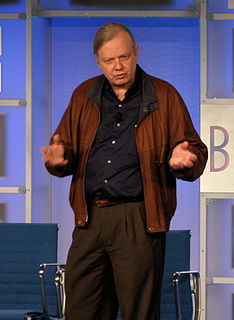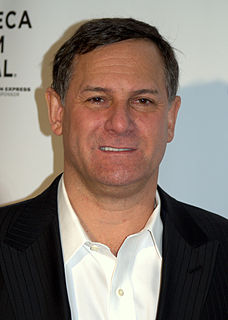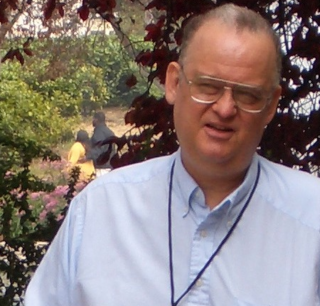A Quote by Peter Thiel
Every one of today's smartphones has thousands of times more processing power than the computers that guided astronauts to the moon.
Quote Topics
Related Quotes
Today, your cell phone has more computer power than all of NASA back in 1969, when it placed two astronauts on the moon. Video games, which consume enormous amounts of computer power to simulate 3-D situations, use more computer power than mainframe computers of the previous decade. The Sony PlayStation of today, which costs $300, has the power of a military supercomputer of 1997, which cost millions of dollars.
The power efficiency of computing has improved by a factor of a billion from the ENIAC computer of the 1950s to today's handheld devices. Fundamental physics indicates that it should be possible to compute even another billion times more efficiently. That would put the power of all of today's present computers in the palm of your hand. That says to me that the age of computing really hasn't even begun yet.
To send humans back to the moon would not be advancing. It would be more than 50 years after the first moon landing when we got there, and we'd probably be welcomed by the Chinese. But we should return to the moon without astronauts and build, with robots, an international lunar base, so that we know how to build a base on Mars robotically.
Thus you can throw yourself flat on the ground, stretched out upon Mother Earth, with the certain conviction that you are one with her and she with you. You are as firmly established, as invulnerable as she, indeed a thousand times firmer and more invulnerable. As surely as she will engulf you tomorrow, so surely will she bring you forth anew to the new striving and suffering. And not merely "some day." Now, today, every day she is bringing you forth, not once but thousands upon thousands of times, just as every day she engulfs you a thousand times over.
Computers and computing are all around us. Some computing is highly visible, like your laptop. But this is only part of a computing iceberg. A lot more lies hidden below the surface. We don't see and usually don't think about the computers inside appliances, cars, airplanes, cameras, smartphones, GPS navigators and games.
Space has not changed but technology has, in many cases, improved dramatically. A good example is digital technology where today's cell phones are far more powerful than the computers on the Apollo Command Module and Lunar Module that we used to navigate to the moon and operate all the spacecraft control systems.
Computers get better, faster than anything else ever. A child's PlayStation today is more powerful than a military supercomputer from 1996. But our brains are wired for a linear world. As a result, exponential trends take us by surprise. I used to teach my students that there are some things, you know, computers just aren't good at like driving a car through traffic.


































